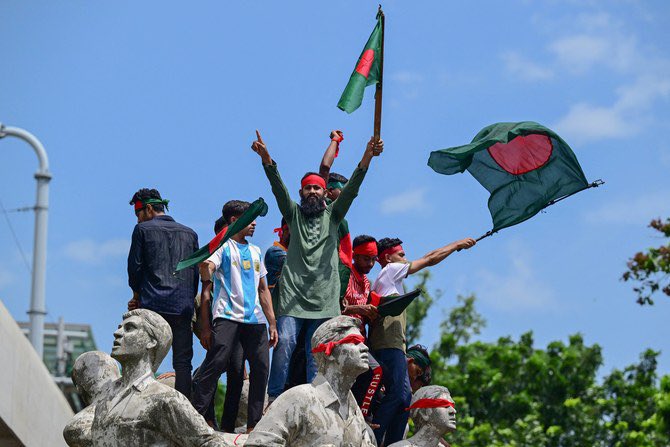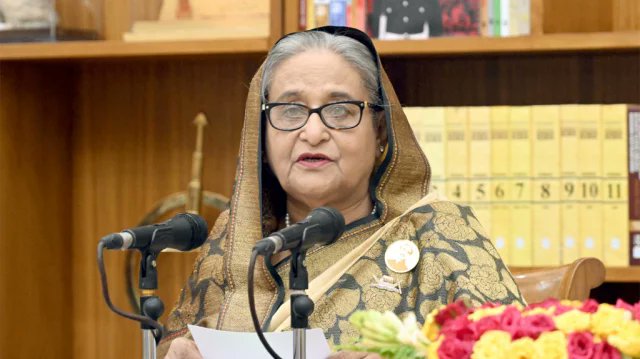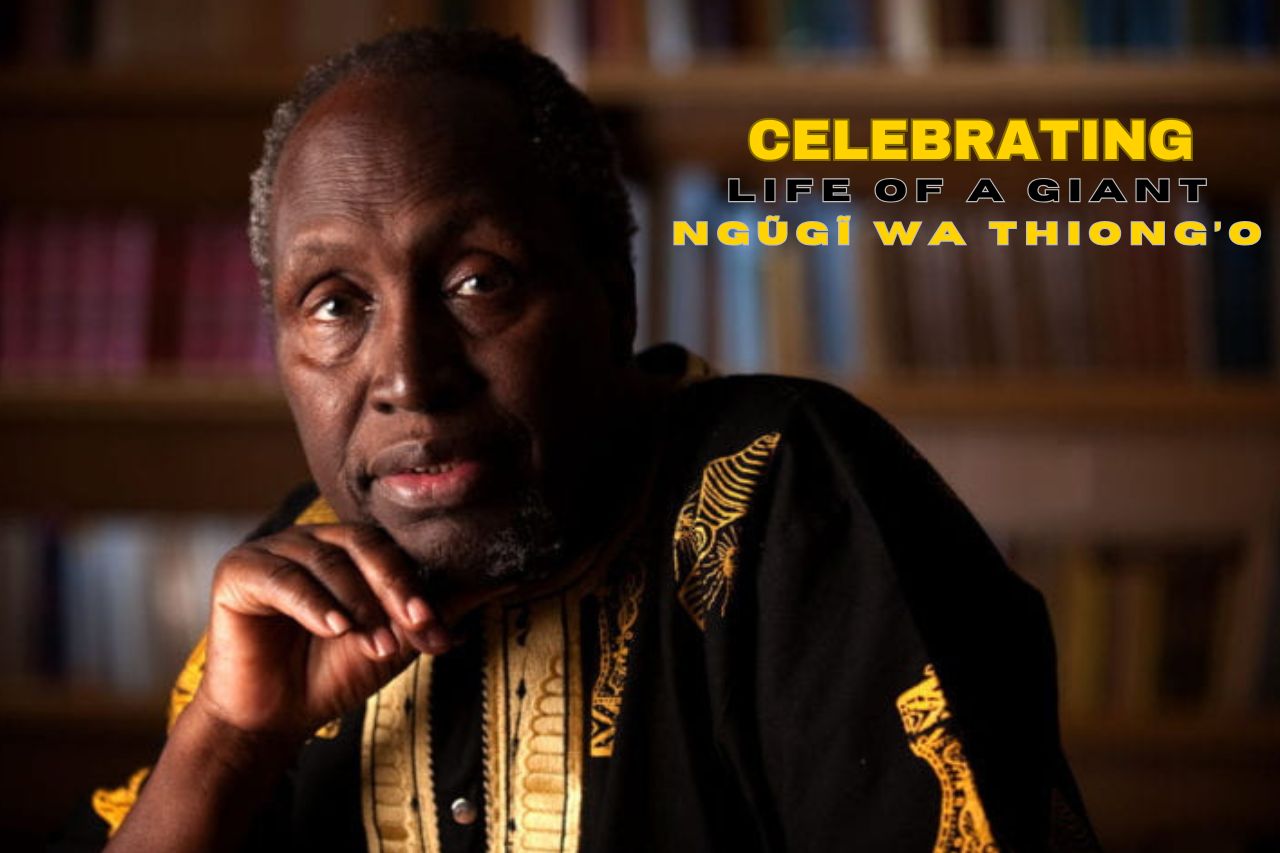
In a historic turn of events, Bangladesh is witnessing a seismic shift in its political landscape. Prime Minister Sheikh Hasina has resigned following weeks of intense student-led protests, marking a significant moment in the country’s history. The streets of Dhaka have become the epicenter of this dramatic upheaval, as thousands of jubilant citizens celebrate the departure of a leader who has held power for over a decade.
The Rise of Protests In Bangladesh
The wave of protests that culminated in the resignation of Prime Minister Sheikh Hasina began with a student-led movement. Sparked by widespread dissatisfaction with government policies and escalating corruption, the protests quickly gained momentum. Students, frustrated by the lack of job opportunities and the rising cost of living, took to the streets in unprecedented numbers. Their calls for change resonated with a broad swath of the population, leading to widespread support across various sectors of society.
A Nation United in Demand for Change
The unity displayed by the people of Bangladesh during these protests has been nothing short of remarkable. What began as a student-led movement rapidly evolved into a nationwide demand for change. The protests, marked by their intensity and persistence, saw people from all walks of life joining in. Workers, professionals, and even members of the ruling party voiced their discontent, creating a unified front that the government could no longer ignore.

The Government’s Response
As the protests intensified, the government’s response was increasingly heavy-handed. Security forces were deployed to quell the unrest, leading to violent clashes that resulted in over 300 deaths in the past month alone. The use of excessive force by the authorities only served to fuel the anger of the protesters, further galvanizing their resolve.
Despite the government’s attempts to suppress the movement, the protests continued to grow. The tipping point came when Al Jazeera English reported that thousands had taken to the streets of Dhaka, with images capturing the sheer scale of the demonstrations. This visual documentation of the people’s struggle played a crucial role in drawing international attention to the situation in Bangladesh.
The Resignation of Sheikh Hasina In Bangladesh

Facing mounting pressure both domestically and internationally, Prime Minister Sheikh Hasina announced her resignation. The news, confirmed by Citizen TV Kenya, marked a significant victory for the protesters. Hasina’s departure was not merely a political change but a symbolic victory for a nation yearning for a new direction.
In the immediate aftermath of her resignation, reports emerged that Hasina had fled to India. This development further underscored the gravity of the situation and the extent to which the protests had destabilized her government. General Waker-Uz-Zaman, the army chief, addressed the nation, confirming that an interim government would take over until new elections could be organized.
The Role of Social Media

Social media has played an instrumental role in this revolution. Platforms like Twitter have been abuzz with updates and eyewitness accounts, providing real-time coverage of the unfolding events. Al Jazeera English’s tweet about the mass protests in Dhaka went viral, amplifying the voices of the protesters and drawing global attention to their cause. Citizen TV Kenya’s timely updates further highlighted the international dimension of the crisis, demonstrating the power of social media in shaping public perception and influencing political outcomes.
The Future of Bangladesh
As the interim government takes the reins, Bangladesh stands at a crossroads. The departure of Sheikh Hasina opens the door for significant political reforms and the potential for a new era of governance. However, the challenges ahead are immense. The interim government must navigate a deeply divided nation, address the root causes of the unrest, and pave the way for free and fair elections.
The international community will be closely watching how the situation in Bangladesh unfolds. The country’s strategic importance in South Asia means that stability and democratic governance are not only crucial for its own future but also for regional stability. International organizations and neighboring countries will likely play a role in supporting Bangladesh through this transition period.
Conclusion
The resignation of Prime Minister Sheikh Hasina marks a pivotal moment in Bangladesh’s history. The student-led protests that catalyzed this change are a testament to the power of collective action and the enduring spirit of the Bangladeshi people. As the nation embarks on this new chapter, the world watches with anticipation, hopeful that this revolution will lead to a brighter, more democratic future for Bangladesh.





